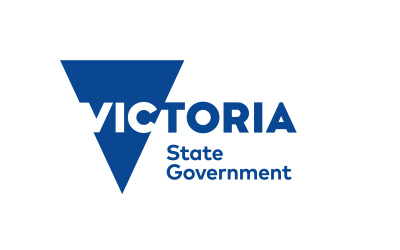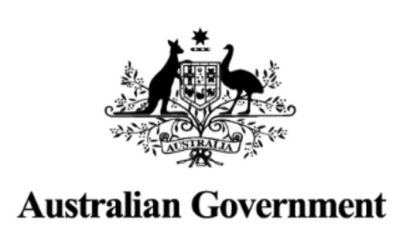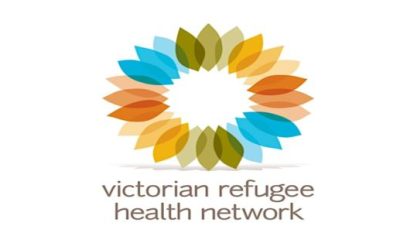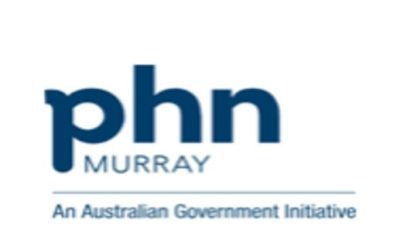Latest News
Here you’ll find the latest news on refugee health related information, resources, research, professional development opportunities, and professional networks. The Network publishes a monthly e-Bulletin that shares current news, resources, and showcases good practice from the refugee health sector in Victoria and Australia. You can subscribe to our e-Bulletin using the subscription form below the articles.

Help shape the future of Victoria’s Multicultural Policies
The Victorian Multicultural Commission encourages you to take part in a community consultation as part of the Victorian Government’s Multicultural Review.
2025 Party Policy Comparison on Refugee and Asylum Seeker Issues
The Victorian Refugee Health Network notes the recent election results and congratulates MPs and Senators on their election to the new Federal Parliament.
Prior to the 2025 Federal Election, Refugee Council of Australia produced a briefing paper providing an overview of the public positions on refugee issues of the three parties with the largest representation in the Australian Parliament – the Australian Labor Party, the Liberal-National Coalition and the Australian Greens.
Share your experience and priorities for healthcare in your community
Every person in Victoria should be able to access the right care, in the right place, at the right time – wherever they live. To support this, Local Health Service Networks (Networks) across Victoria will be formed from July 2025.
Migration Amendment Bills Raise Alarming Health Concerns for Refugees and Asylum Seekers
The Australian government’s recent Migration Amendment Bills have sparked widespread concern among health professionals and human rights advocates, citing risks to refugees’ mental health and access to essential healthcare..
CRISP to be made a permanent program
Launched in mid 2022, the Community Refugee Integration and Settlement Pilot (CRISP) gives groups of locals the opportunity to welcome refugees into their community, supporting them from day one of their Australian journey.
Local outbreak of measles in Victoria
Two new cases of measles have been reported in Victoria that have not travelled overseas, and have no known links to recent cases of measles.
Register now for the March Statewide Meeting 2025
The Victorian Refugee Health Network will be holding the next Statewide meeting via Zoom on Thursday 27 March 2025 from 2pm to 4pm.
The Victorian Refugee Health Network State-wide meetings bring together people from across government, health and community services. We have an engaging agenda planned, including policy updates from Refugee Council of Australia, settlement updates from AMES and insights from the Rural and Regional Working Group, as well as guest speaker presentations.
Increasing access to interpreter services: Murray PHN region
To enhance healthcare access for CALD patients, Murray PHN is providing the Interpreting for Allied Health and Primary Care Pilot Program until 30 June 2025.
Temporary Humanitarian Stay Pathway for Palestinian and Israeli nationals
The Australian Government has announced a new visa pathway to support people from affected areas of the Occupied Palestinian Territories and Israel who have arrived in Australia on temporary visas.
Health alert: Mpox
Cases of mpox are continuing to increase across Victoria. In August 2024, Australia recorded the second highest number of confirmed cases of mpox in the world. The mpox outbreak in 2024 is now much larger than the 2022 outbreak. As of 17 October, 330 mpox cases have been notified in Victoria since April 2024 and there have been 27 hospitalisations.
Latest e-newsletters
The Network publishes a monthly e-Bulletin that shares current news and resources and showcases good practice from the refugee health sector in Victoria and Australia.





